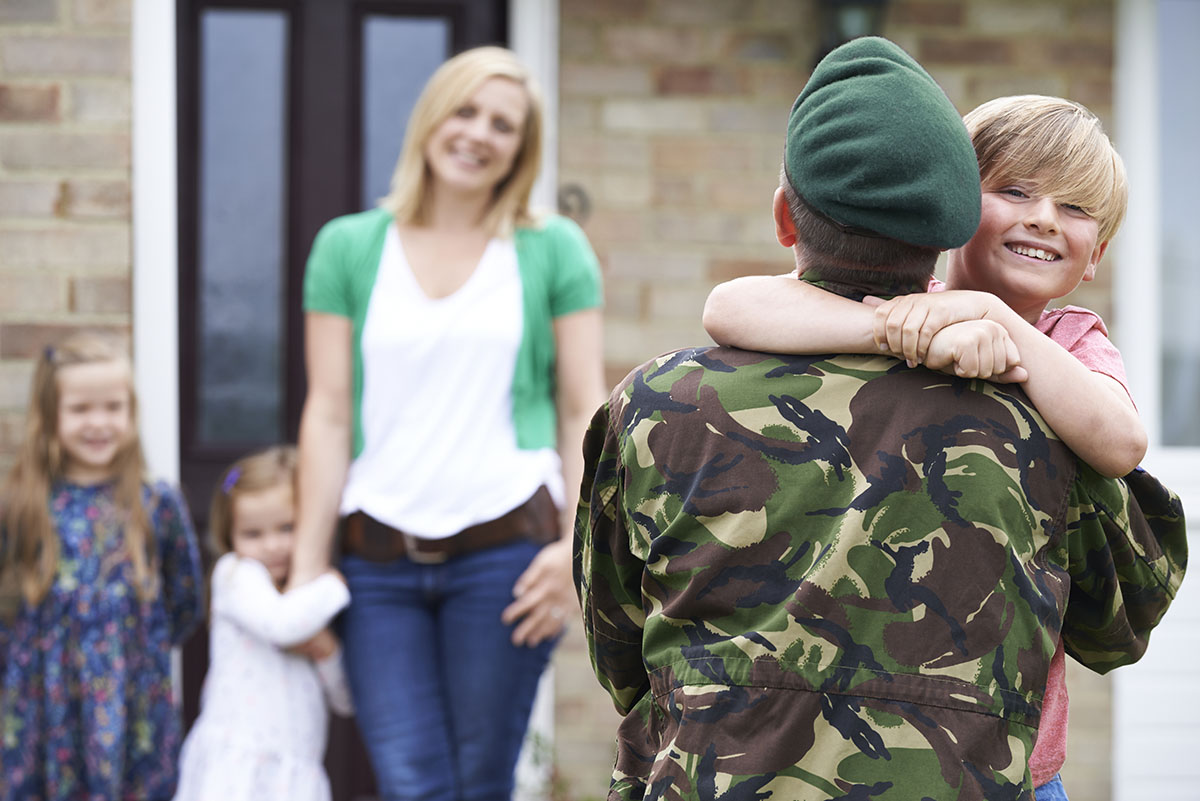Did you know that whilst many children of parents serving in the British Armed Forces attend schools that have a high percentage of service pupils, the majority attend schools with less than ten service children?
Children in this situation have unique circumstances where they may have been separated from a parent for long periods, moved homes and schools frequently, or even relocated to different countries.
Teachers can be ill-equipped to understand how they can help these military pupils but fortunately, a charity called Little Troopers has developed a programme of resources to help pupils from reception to sixth form. Designed with the help of educational psychologists, behavioural experts and play therapists, the resources are very helpful to any school that has children from a service background.
Resources for Primary
In this pack, you will find not only lesson plans but also information sheets, activity ideas, stories and role-play scenarios. Designed to help pupils think and talk about military life through drama and art as well as other subjects.
Often children of military parents experience challenging emotions. This pack contains seven lessons designed for RSE and includes issues such as separation, moving, deployment and living abroad. It will help with building a sense of belonging and exploring identity as well as mindfulness techniques.
As well as readymade resources you will find lesson plans and printable resources.
Resources for Secondary
Here you will find plenty of free downloadable resources to support secondary students. You can choose from different lesson plans, activity templates and idea sheets that will be suitable for your students with military families.
This is a great resource for schools that have a few service children and provides a way to bring them together for support. You will find everything you need to set up informal sessions that are designed to provide extra-curricular support on appropriate themes.
These six sessions are intended to open up the more challenging features of armed forces life for smaller groups of students. They will help students to develop positive strategies to help them cope with the changes and challenges that they face by looking at belonging, emotional awareness and using creative writing, PowerPoints and activities to explore these issues.
Making the most of the trend in podcasts, these episodes feature 15 service teenagers talking about their experiences of being in Armed Forces Families. These short podcasts can be listened to in class and followed up with discussions and activities suggested by Little Troopers.
Even if you do not currently teach any children from a military family, it can be worth knowing where to seek advice and resources should a child join your school in the future. All schools should be equipped to offer extra support and guidance to pupils from armed forces families to improve their experiences and develop their coping strategies.
You will find further information at www.littletroopers.net/little-troopers-at-school



